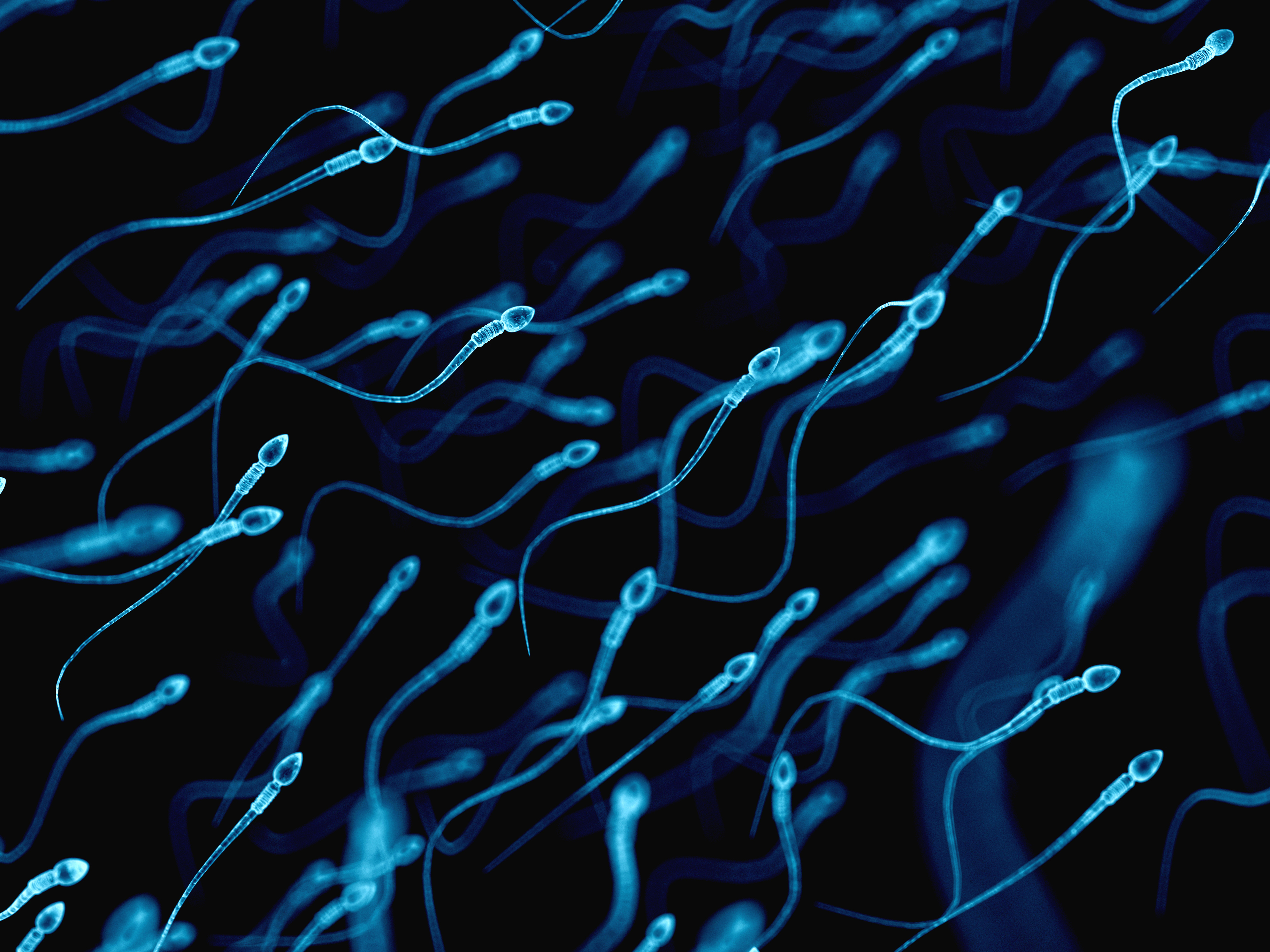Aggregated News

Trying to decide on a sperm donor means sorting through a dizzying amount of information.
Log onto the site of California Cryobank, one of the largest sperm banks in the US, and you can scroll through hundreds of detailed profiles of men whose genetic material could be used to conceive your future children.
Donors can be sorted by factors ranging from ethnic background to their height or college majors; flipping through their childhood photos allows you to scout for traits like curly hair or dimples. You also get insights into their personalities. In brief personal essays, donors reflect on how their values were shaped by living abroad in Spain or weekend camping trips with a beloved grandparent.
Then there’s the really serious stuff: pages of donors’ genetic testing results and medical histories, which reveal whether their descendants might be prone to anything from cystic fibrosis to heart disease or anxiety.
But no matter how much information prospective parents have about a donor, it may not be sufficient. The donor could turn out to have a genetic condition that hadn’t yet manifested...



